Without fail, every time I leave my house for a weekend (or longer) trip, I immediately get that old-fashioned wave of anxiety: "Did I lock the front door? Did I somehow leave the refrigerator door open? Did I accidentally turn on the oven, despite having not used it in three days?"
On many occasions, 10 minutes into my drive, I’ve had to head back home and double-check—even if it’s simply jiggling the door handle—just to ease my mind. It’s a genuine problem. And it turns out I’m not alone—after looking around the Internet, I realized that lots of people suffer from this same form of self-doubt. Luckily, some clever folks have suggestions for how to soften this creeping unease.

On the Subreddit r/LifeProTips, one user started this discussion with the prompt, "To remember if you locked the door, turned the oven off etc., say the name of a film when you do it." Interesting idea! It’s definitely easier to remember yourself saying the words "The Exorcist" or "Eternal Sunshine of the Spotless Mind" than it is to visualize the task you may or may not have forgotten.
But for some of us—and I count myself as a member of this group—it’s easy to complicate that plan. As someone notes in the thread: "Brain 5 minutes later, 'Are you sure you said Bend It Like Beckham or did you just think it?'" Another user replied, "What if you mix up yesterday's film for today's, after uttering so many films?" Ugh, at least let me try this one before crushing my spirit!
Another suggestion that I particularly enjoy is to eliminate all quirkiness and get straight to the heart of the matter: "I do the same, except I say it out loud the action that I just did: 'I HAVE LOCKED MY CAR.'" One Redditor agreed with this approach, which they use at work while closing up a retail shop. "When I'm leaving, I always have employees with me, but I lock the door, jiggle the handle, and say out loud, 'THE DOOR IS LOCKED,'" they wrote. "Because before I did that, i would lie awake at night worrying I had forgotten. My rationalizing brain also feels like it helps deter thieves if they're nearby while I say that, but that's probably crazy lol."

Others use technology to their benefit, taking pictures or videos of whatever might later worry them—doors, stoves, and the like—as documentation for their future selves. "I do this, especially when I leave my house for longer periods," someone wrote. "I film a video going through all the rooms so I know kitchen appliances and lights etc are off, and lastly film myself locking the door. Never get anxiety during my absence anymore now that I have the evidence."
A more unorthodox approach is to utilize an oddly specific behavior—something that would be very difficult to forget. "My version is I give one of my ass cheeks a quick grab and squeeze," someone said. "If I'm worried it's becoming a reflex and I'll forget doing that I just do a longer one or squeeze both cheeks. No idea why, but it works for me. Just needed something weird to trigger the acknowledgement." Hey, no judgment! Whatever gets the job done.
As Newsweek reports, a 2024 study at Houston’s Rice University (and later published in the journal Neurobiology of Learning and Memory) explored why people are more likely to remember certain details of an experience over others. Researchers conducted a memory test, showing pictures to 38 participants, with some of the images repeated and others new. They discovered that the most memorable images are the easiest to recall. However, the effect was reportedly lost after one day.
One of the researchers, assistant professor Stephanie Leal, said in a statement, "Our brains can’t possibly remember everything we experience, and so we have to do a bit of selective forgetting for information that isn’t as important."









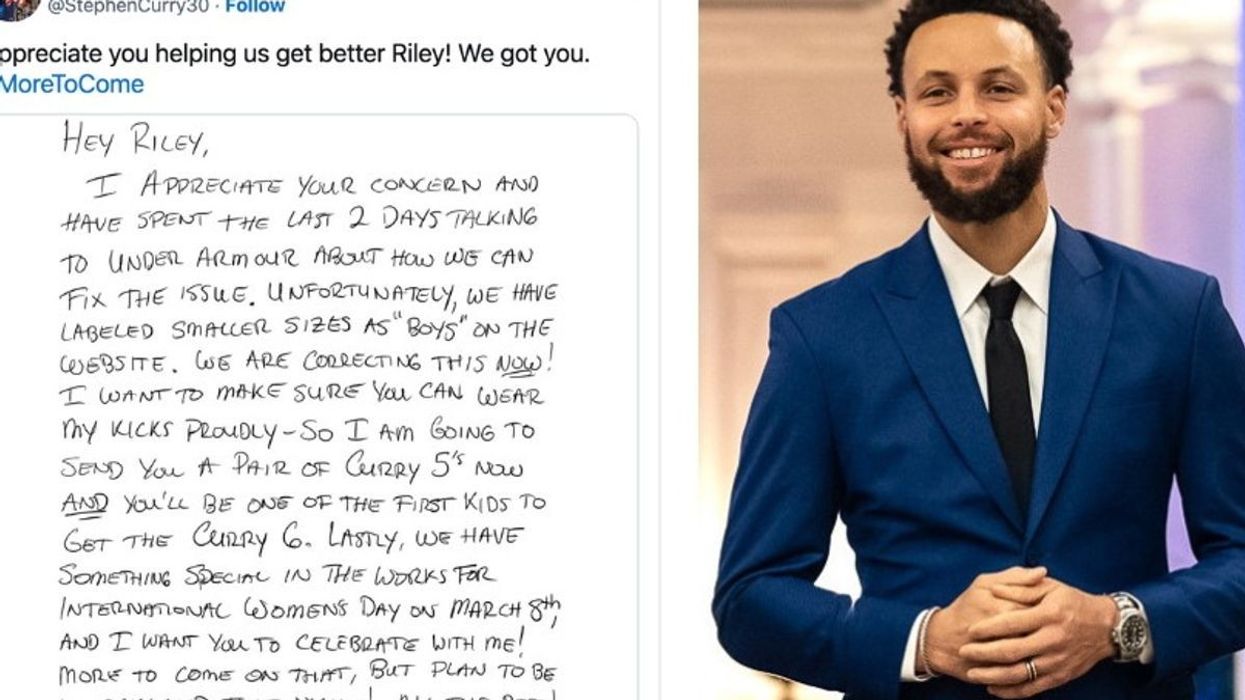








 The contestants and hosts of Draggieland 2025Faith Cooper
The contestants and hosts of Draggieland 2025Faith Cooper Dulce Gabbana performs at Draggieland 2025.Faith Cooper
Dulce Gabbana performs at Draggieland 2025.Faith Cooper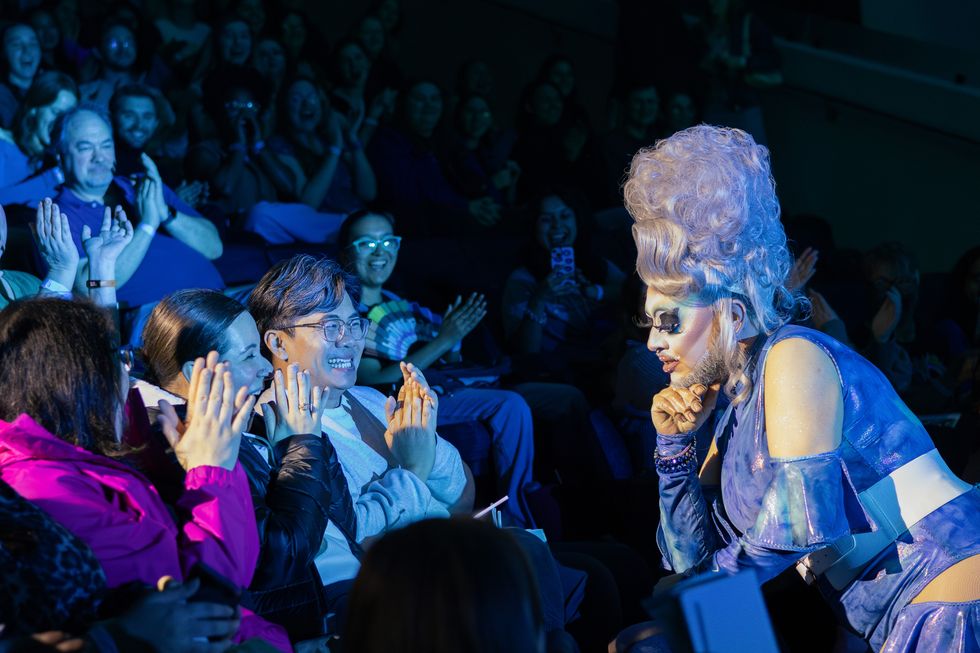 Melaka Mystika, guest host of Texas A&M's Draggieland, entertains the crowd
Faith Cooper
Melaka Mystika, guest host of Texas A&M's Draggieland, entertains the crowd
Faith Cooper
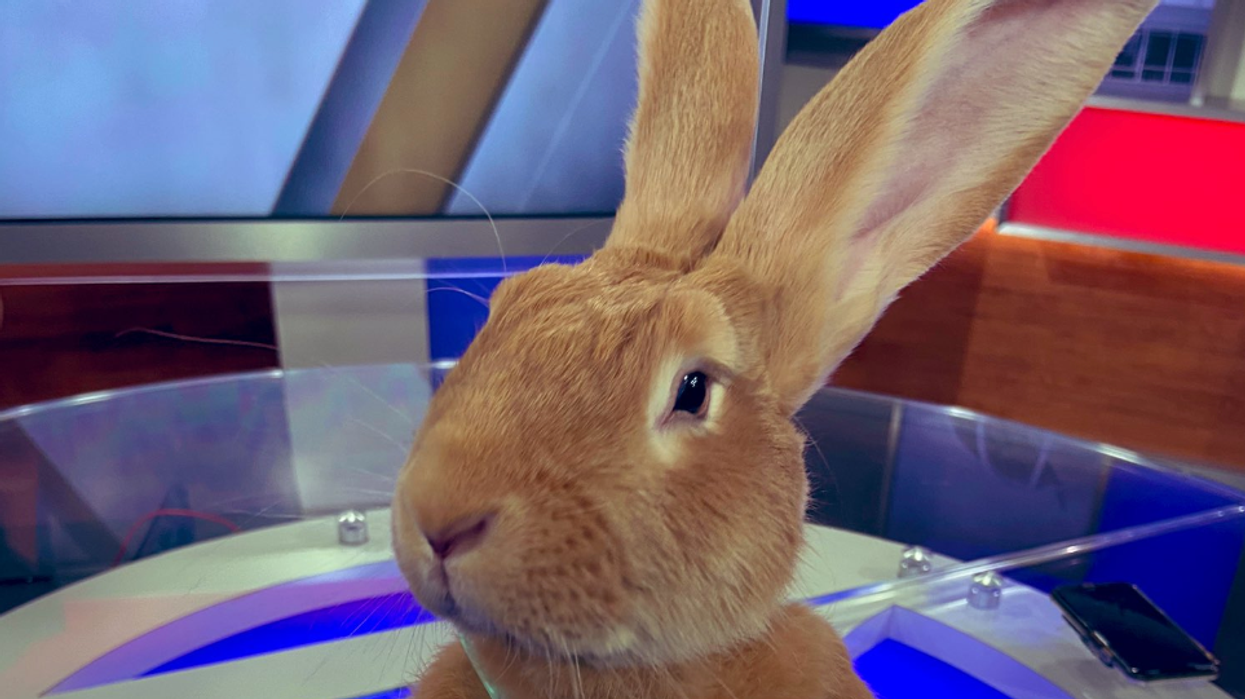

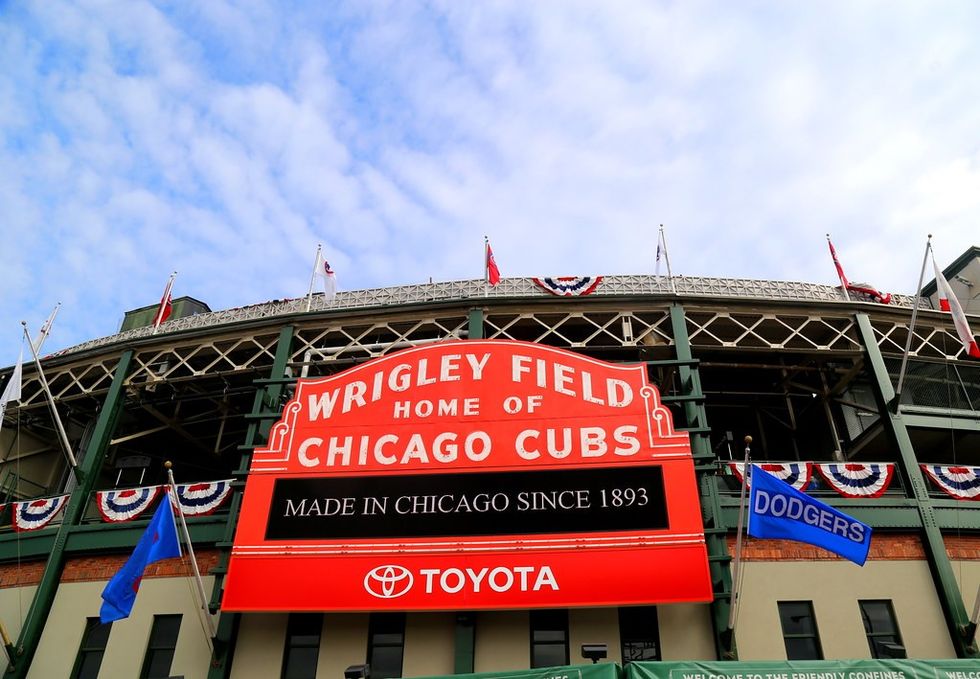 It's a beautiful day outside Wrigley Field. | It's a beautif… | Flickr
It's a beautiful day outside Wrigley Field. | It's a beautif… | Flickr

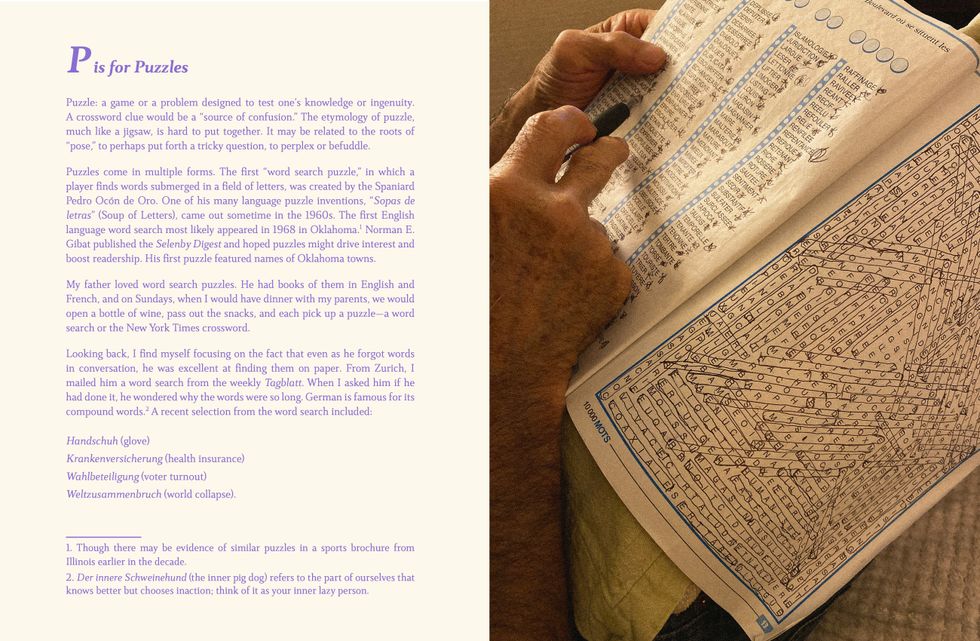 Selection from Magali Duzant's La vie is like thatMagali Duzant
Selection from Magali Duzant's La vie is like thatMagali Duzant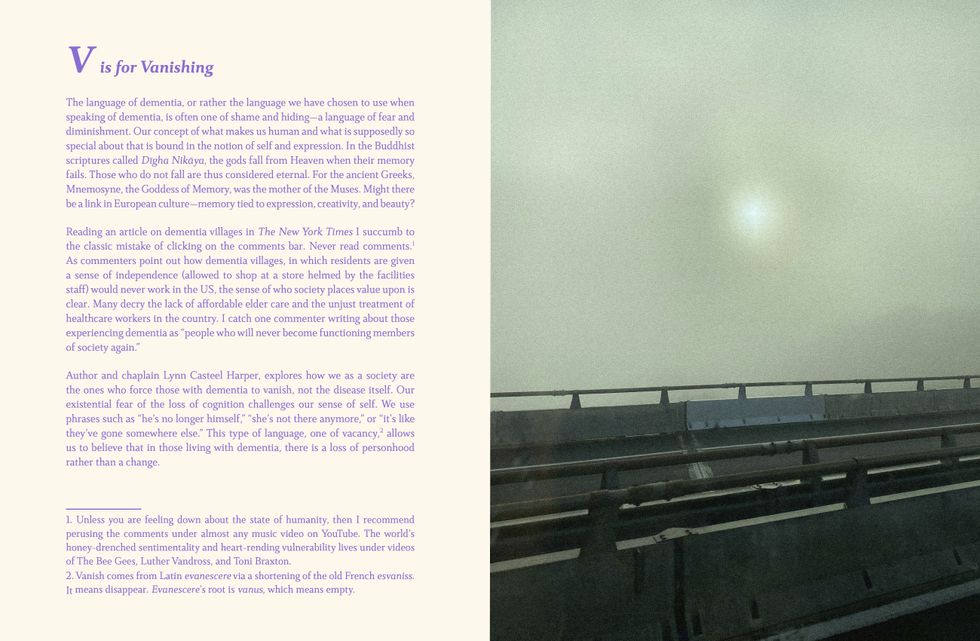 Selection from Magali Duzant's La vie is like thatMagali Duzant
Selection from Magali Duzant's La vie is like thatMagali Duzant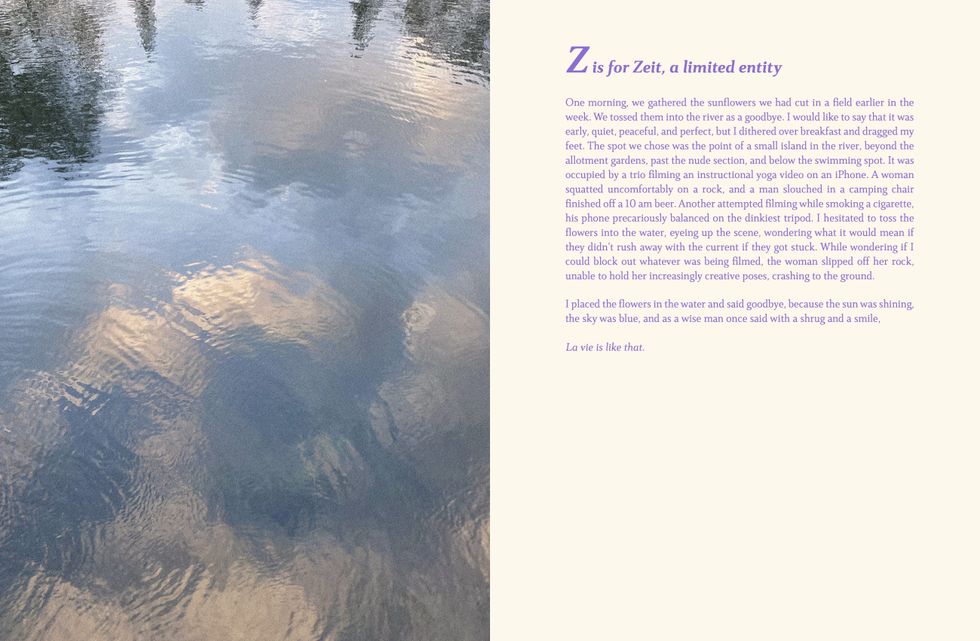 Selection from Magali Duzant's La vie is like thatMagali Duzant
Selection from Magali Duzant's La vie is like thatMagali Duzant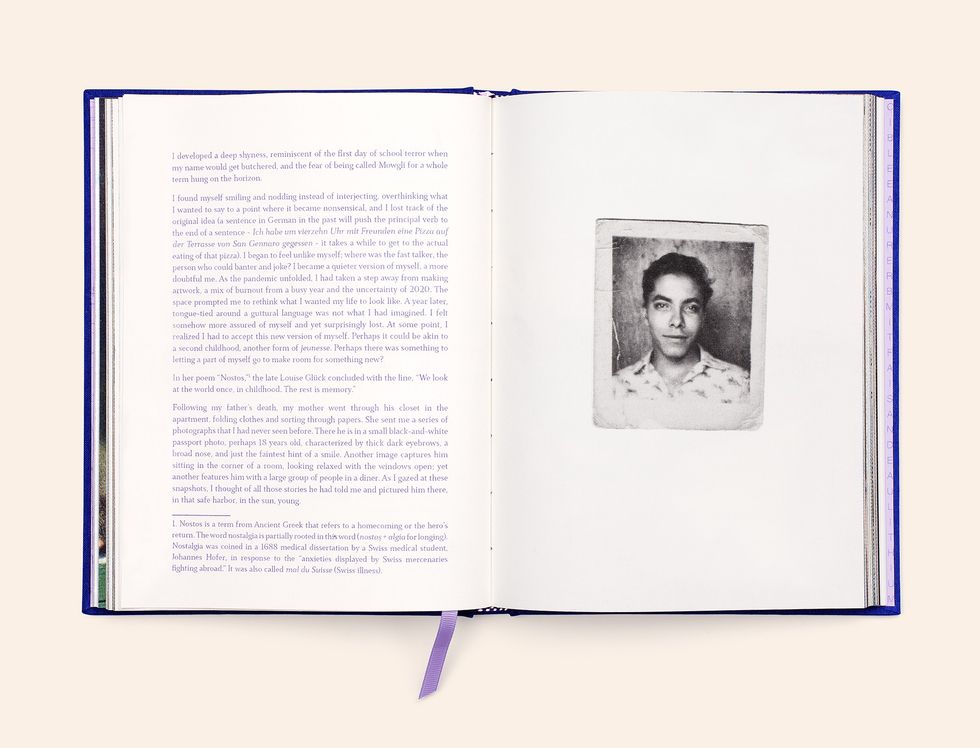 Selection from Magali Duzant's La vie is like that featuring her father, Jean Gérard Benoît Duzant, as a young man.Magali Duzant
Selection from Magali Duzant's La vie is like that featuring her father, Jean Gérard Benoît Duzant, as a young man.Magali Duzant
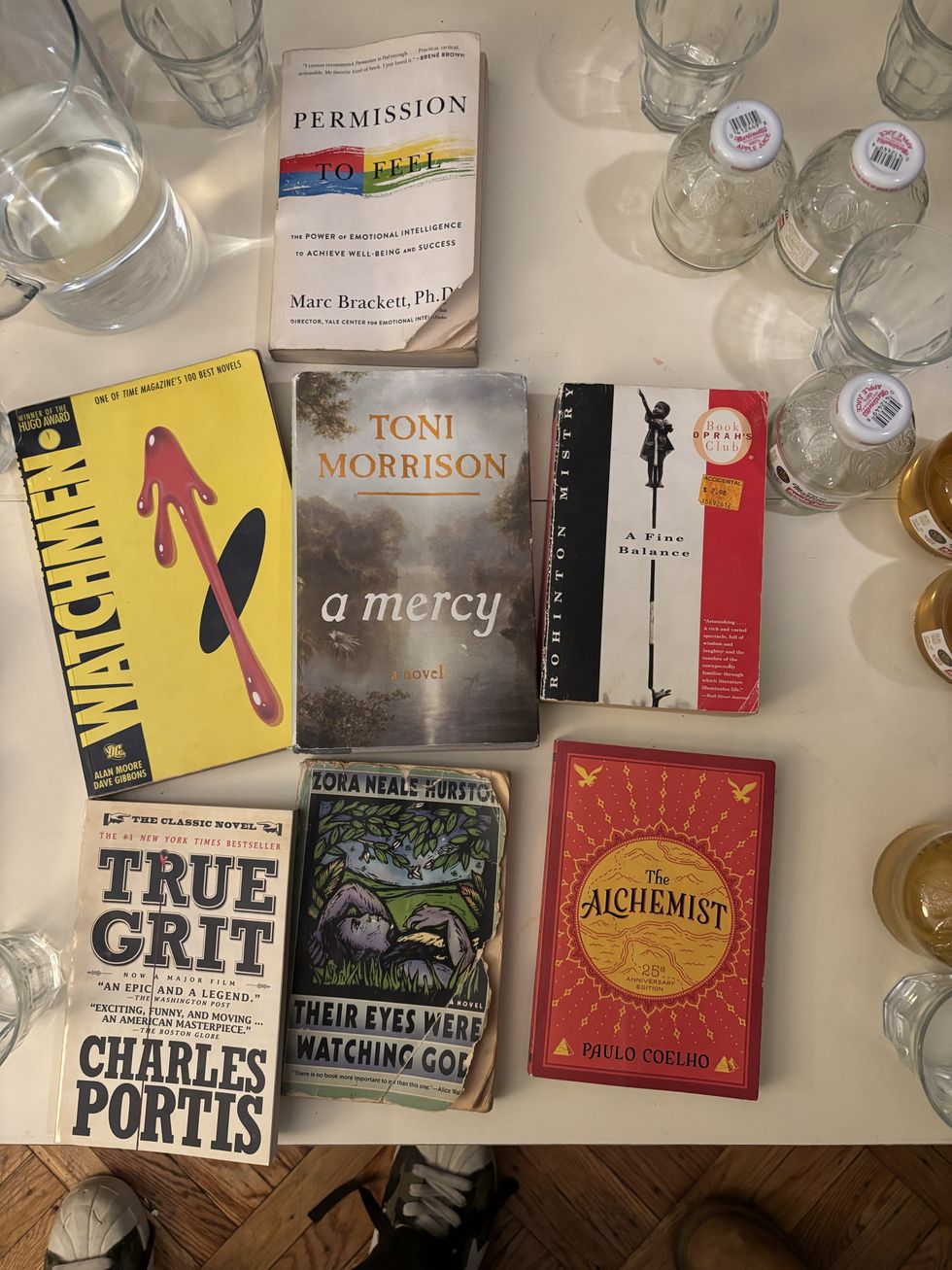 Books at the first meeting of the Fiction Revival book clubYahdon Israel
Books at the first meeting of the Fiction Revival book clubYahdon Israel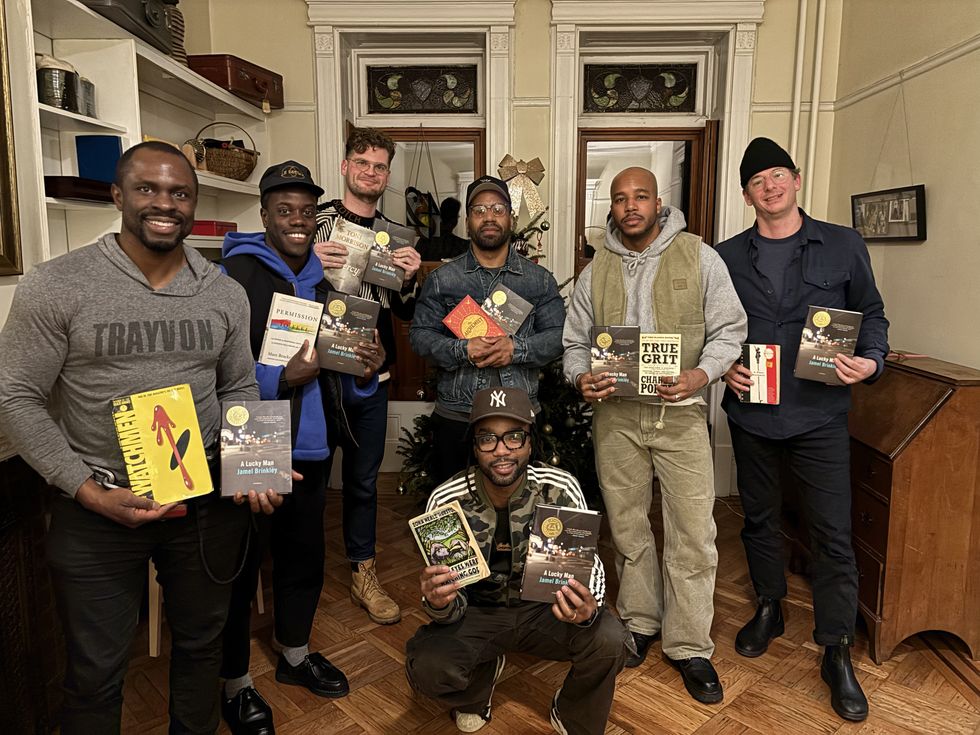 Attendees at the first Fiction Revival meeting.Yahdon Israel
Attendees at the first Fiction Revival meeting.Yahdon Israel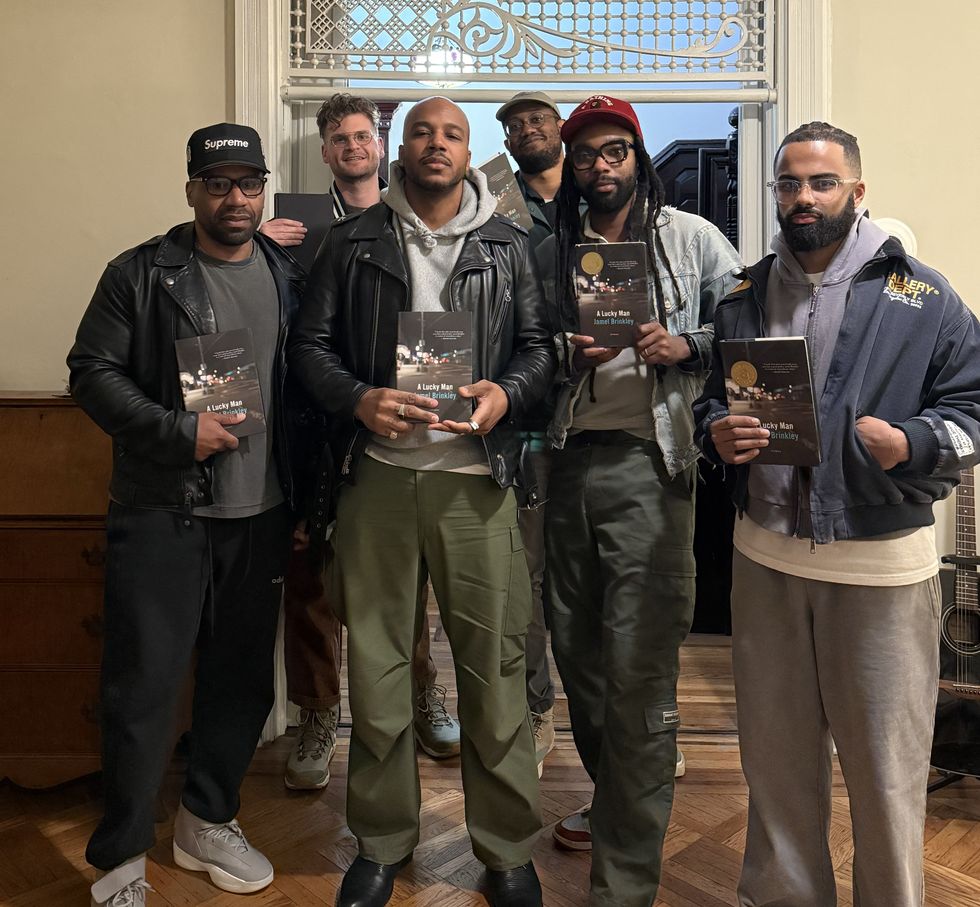 Attendees at the second Fiction Revival meeting.Yahdon Israel
Attendees at the second Fiction Revival meeting.Yahdon Israel